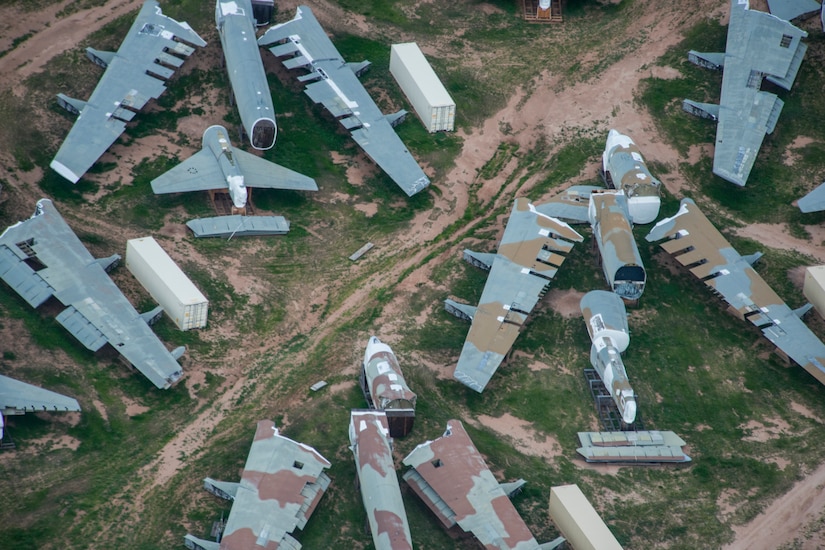Feb. 4, 2021 | , DOD News
The treaty was due to expire tomorrow.
"Extending the New START Treaty ensures we have verifiable limits on Russian ICBMs, SLBMs, and heavy bombers until February 5, 2026," Secretary of State Anthony J. Blinken said yesterday. "The New START Treaty's verification regime enables us to monitor Russian compliance with the treaty and provides us with greater insight into Russia's nuclear posture, including through data exchanges and onsite inspections that allow U.S. inspectors to have eyes on Russian nuclear forces and facilities."

Pentagon Press Secretary John F. Kirby said the extension of the treaty requires no changes in the Defense Department as the United States is in compliance with all its treaty obligations.
"President Biden's decision to seek a five-year extension of New START advances the nation's defense," Kirby said during a January briefing. "Russia's compliance with the treaty has served our national security interests well, and Americans are much safer with New START intact and extended."
The treaty went into effect in 2011 and put in place intrusive inspection and notification tools for both nations. "Extending the treaty's limitations on stockpiles of strategic nuclear weapons until 2026 allows time and space for our two nations to explore new, verifiable arms control arrangements that could further reduce risks to Americans," Kirby said. "And the department stands ready to support our colleagues in the State Department as they effect this extension and explore those new arrangements."

NATO welcomes the extension. In a statement from the North Atlantic Council, officials said the NATO allies believe "the New START Treaty contributes to international stability, and allies again express their strong support for its continued implementation and for early and active dialogue on ways to improve strategic stability."
U.S. officials stressed they will continue to explore ways to reduce nuclear dangers to the world, but they will be "clear-eyed" in dealings with the Russian Federation. Russia's adversarial actions in Crimea, Western Ukraine, Georgia and the Middle East must be countered. Still, the United States and its allies will engage when it makes sense and the results can be verified.
NATO allies agree and say they will work in close consultation to address Russia's aggressive actions, which constitute a threat to Euro-Atlantic security.
Specifically the treaty places caps on both nations' strategic nuclear arsenals. It also requires the United States and Russia to provide regularly updated details of their arsenal. Finally, it provides regular, on-the-ground access to U.S. and Russian military bases with nuclear weapons.








No comments:
Post a Comment